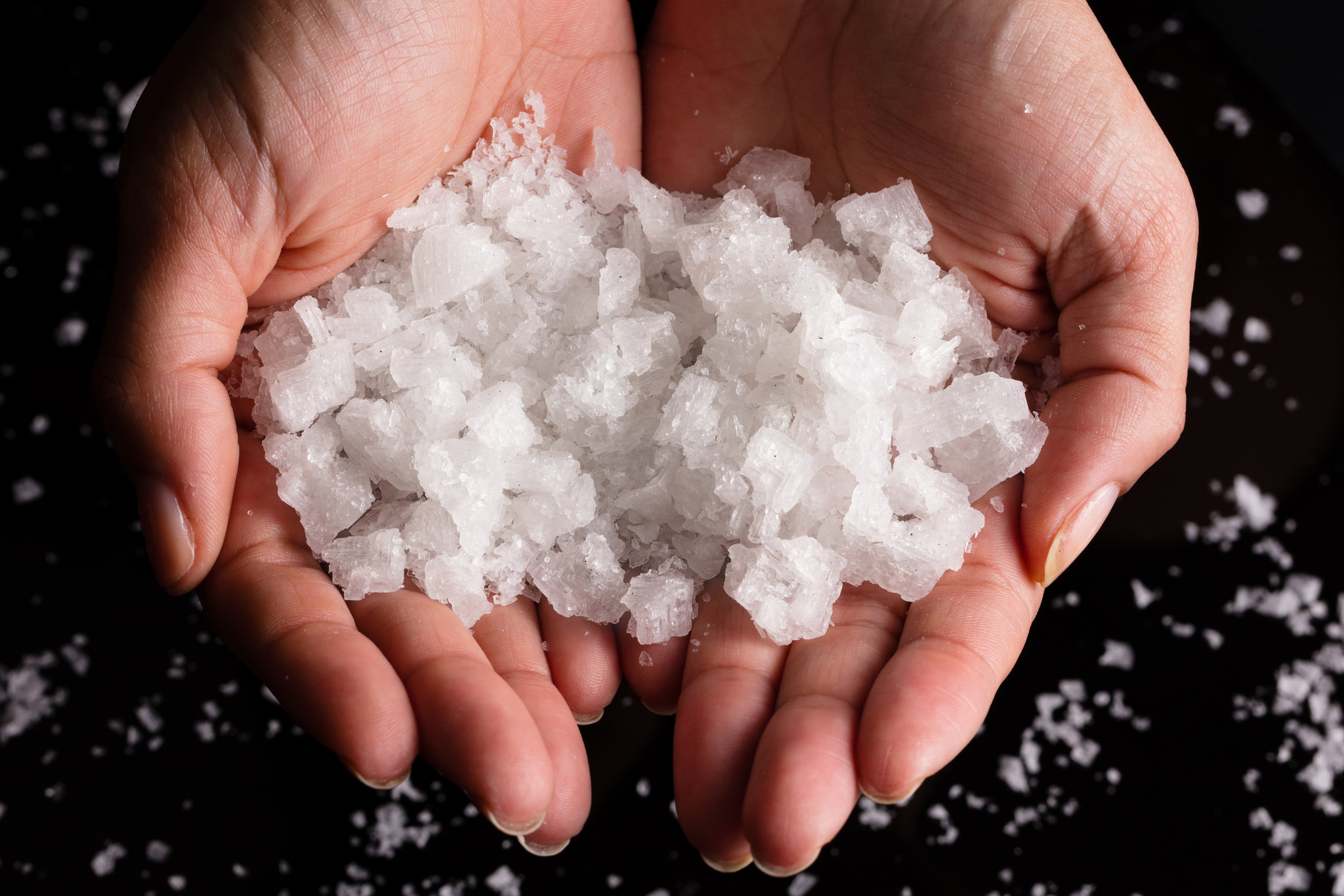Salt, an essential ingredient in our daily life, enhances the flavor of our meals and plays an important role in our general health. While we commonly identify salt with its effects on blood pressure and heart health, there is a fascinating twist to this story: the link between salt consumption and the fragile ecosystem inside the gut, known as the gut microbiome.
Our gut harbors trillions of bacteria known as the microbiome. This thriving ecosystem of bacteria, viruses, and fungus is essential for digestive health and immune system support. But did you realize that what we sprinkle on our food may be influencing this microbial symphony?
Enter salt, a possible disruptor of this delicate balance.
Salt’s Effect on Microbial Warriors: Lactobacillus
Meet the microbial warriors: Lactobacillus, a bacterial family known for its role in gut health. These tiny heroes make butyrate, a short-chain fatty acid that feeds our intestinal cells and maintains the gut lining healthy. However, excessive sodium consumption throws these soldiers off balance, lowering activity and weakening the gut lining. The result? An open invitation for pathogenic microbes to take the lead, possibly generating inflammation and paving the way for various health issues.
From Gut to Kidney: The Ripple Effect of Salt.
Excess salt consumption has far-reaching repercussions beyond the gut. According to research, when Lactobacillus activity reduces owing to a high-sodium diet, inflammation levels rise, making it easier for bacteria to enter the digestive tract. This gap may allow microorganisms to enter the kidneys, potentially causing renal problems. The complex interplay between salt, gut health, and renal function is eye-opening, demonstrating the interdependence of our biological systems.
Microbiome and Hypertension: The Salt Stress Pathway
The data supporting the relationship between sodium and blood pressure management via gut microbes is increasing. High salt intake has been linked to alterations in microbial composition and function, namely the rapid depletion of Lactobacillus species. These changes may lead to hypertension and intestinal inflammation, offering fresh insights into how our dietary choices affect not only our gut but also our cardiovascular system.
Unraveling the Mechanisms: How Salt Alters the Microbial Landscape
Tips for a Microbiome-Friendly Diet
Let’s take a time to reflect. Our relationship with salt is complex, In our pursuit of tasty meals, we frequently find ourselves at a crossroads, asking how much is too much.
Salt is not the villain in this story, but rather a multifaceted character who plays both beneficial and possibly destructive roles. Moderation is essential.
Let’s be honest: we’re not asking you to remove salt from your kitchen. Be mindful of your salt intake, and taste the flavors without drowning them in sodium. Your gut microbiota will appreciate it. So, the next time you reach for the salt shaker, consider it a discussion with your stomach. A tasty conversation, not a salty monologue. As we continue to explore the wonders of our bodies, let us approach our relationship with salt with curiosity, awareness, and moderation. After all, it’s not about breaking the bonds, but finding the proper balance
Further Reading :
High-Salt Diet Induces Depletion of Lactic Acid-Producing Bacteria : http://tinyurl.com/4ct3yxd4
High-Salt Diet Has a Certain Impact on Protein Digestion and Gut Microbiota: A Sequencing and Proteome Combined Study : http://tinyurl.com/3dpfbk7u
The Gut Microbiome, Inflammation, and Salt-Sensitive Hypertension : http://tinyurl.com/4h46ssk4
A cross-talk between gut microbiome, salt and hypertension : http://tinyurl.com/4763kse7
Don’t Take It With a Pinch of Salt : http://tinyurl.com/2wr8ypfa
